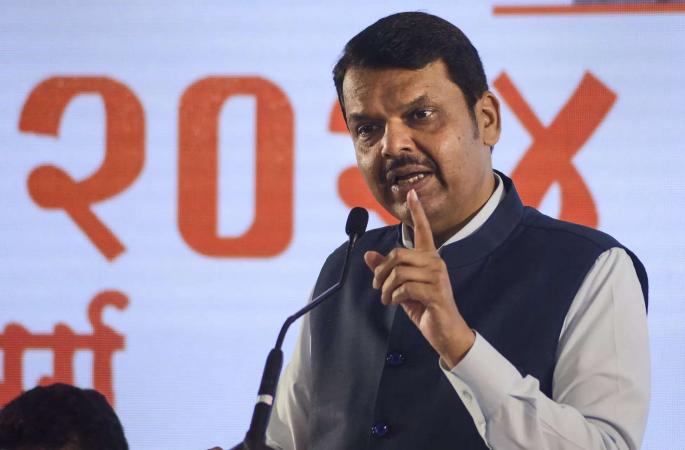Devendra Fadnavis gets cleared by Nagpur court, of hiding information in an affidavit for the 2014 election

Devendra Fadnavis, the deputy chief minister of Maharashtra, was cleared by a Nagpur court on Friday of a criminal charge brought against him for failing to declare two active criminal charges in his electoral affidavit for the 2014 state assembly elections. The senior Bharatiya Janata Party (BJP) leader's affidavit for the 2014 election did not disclose incidents of cheating and forgery registered against him in 1996 and 1998, respectively, according to Satish Ukey, a Nagpur-based lawyer who filed the complaint in 2014.
Sangram S. Jadhav, the first-class judicial magistrate in Nagpur, agreed with Fadnavis on Friday that the two offenses were overlooked and not omitted with the intention of misleading the public. The judge ruled that the prosecution had failed to establish why or how Fadnavis would have benefited from hiding the two cases.
During the proceedings, Fadnavis, who was elected from the Nagpur South-West Assembly constituency, acknowledged not disclosing the criminal cases, but claimed that his lawyer, who was tasked with doing so, made a mistake rather than doing so on purpose. Ukey participated at the hearing from Mumbai's Arthur Jail. The Enforcement Directorate (ED) detained the attorney last year on suspicion of money laundering in connection with an alleged case of land grabbing. The attorney had submitted the complaint and prosecuted the case against the top BJP politician.
In September 2015, the Nagpur court first rejected the allegation against Fadnavis. The Nagpur Sessions Judge instructed the trial court to reexamine the case when Ukey challenged the decision. In May 2018, Fadnavis filed an appeal with the Bombay High Court, which overturned the sessions judge's decision. Ukey, however, persisted and went to the Supreme Court.
The Supreme Court ruled in October 2019 that the information required to be provided under Section 33A of the Representation of the People Act includes information relating to criminal cases of which cognizance has been taken, not just cases in which charges have been framed. The court rejected the petitioner's request for a clean bill of health. Fadnavis sought review of the Supreme Court's ruling that there was enough evidence to bring charges against him under Section 125A of the Representation of the People Act, but the appeal was rejected by the high court.



-t-thumb.jpeg)




-t-thumb.jpeg)

-t-thumb.jpeg)
